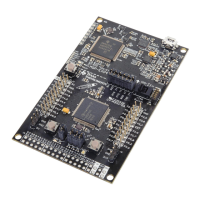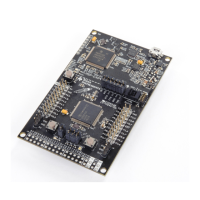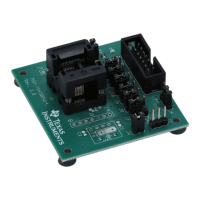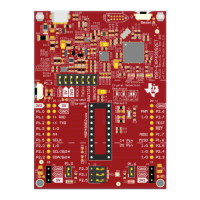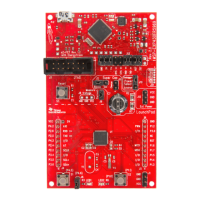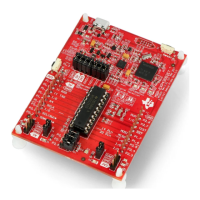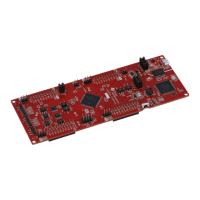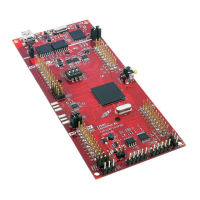141
Watchdog Timer Plus (WDT+)
At present, any commercial/industrial/professional electronic good must pass a number of tests and
obtain some certifications before its introduction to market, most notably CE, FCC, UL and TUV
certifications. This is so as it is imperative that a device pass Electromagnetic Compliance (EMC) test
not just for flawless performance but also for user safety. Hobby electronics projects don’t need these
and most hobbyists don’t fully understand the issues caused by EMI or what causes them. This is why
many simple robots like the line follower robot shown below fail to perform properly in robotics
competitions. Some of them seem to behave erratically while others seem to be unresponsive after
working for some time. If both hardware and software designs are well designed and tested against
harsh conditions, the chances of failure reduce significantly. A hardware designer should consider
proper PCB layout and component placement as well and component selection. Likewise, a
programmer should avoid polling-based solutions, blocking codes, unwanted loops, and should
consider using watchdog timers and other coding tricks. To avoid getting a device into a stalled state,
both hardware and software ends must merge properly and accordingly.
A watchdog timer is basically a fail-safe time. It is a very important module when considering an
embedded-system-based design that is likely to operate in noisy environments or when there is a
probability of its the application firmware to get stuck due to malfunctions. Any programmer would
want to get that stuck up firmware up and running again after recovering from the issue that cause it
to fail. All MSP430s are equipped with a WDT module and here we will see how it helps us in recovering
it when we simulate an entry into an unanticipated loop.
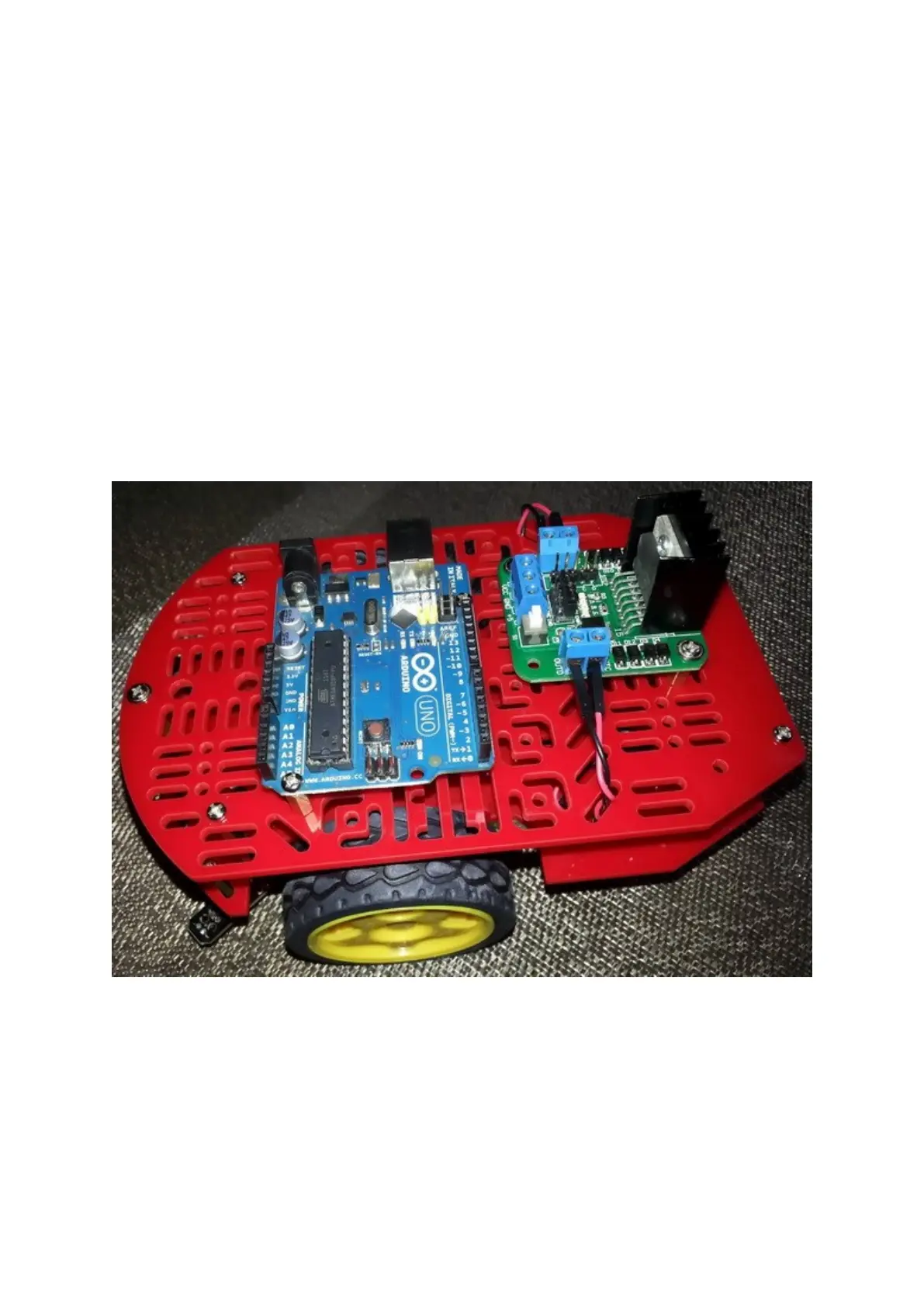